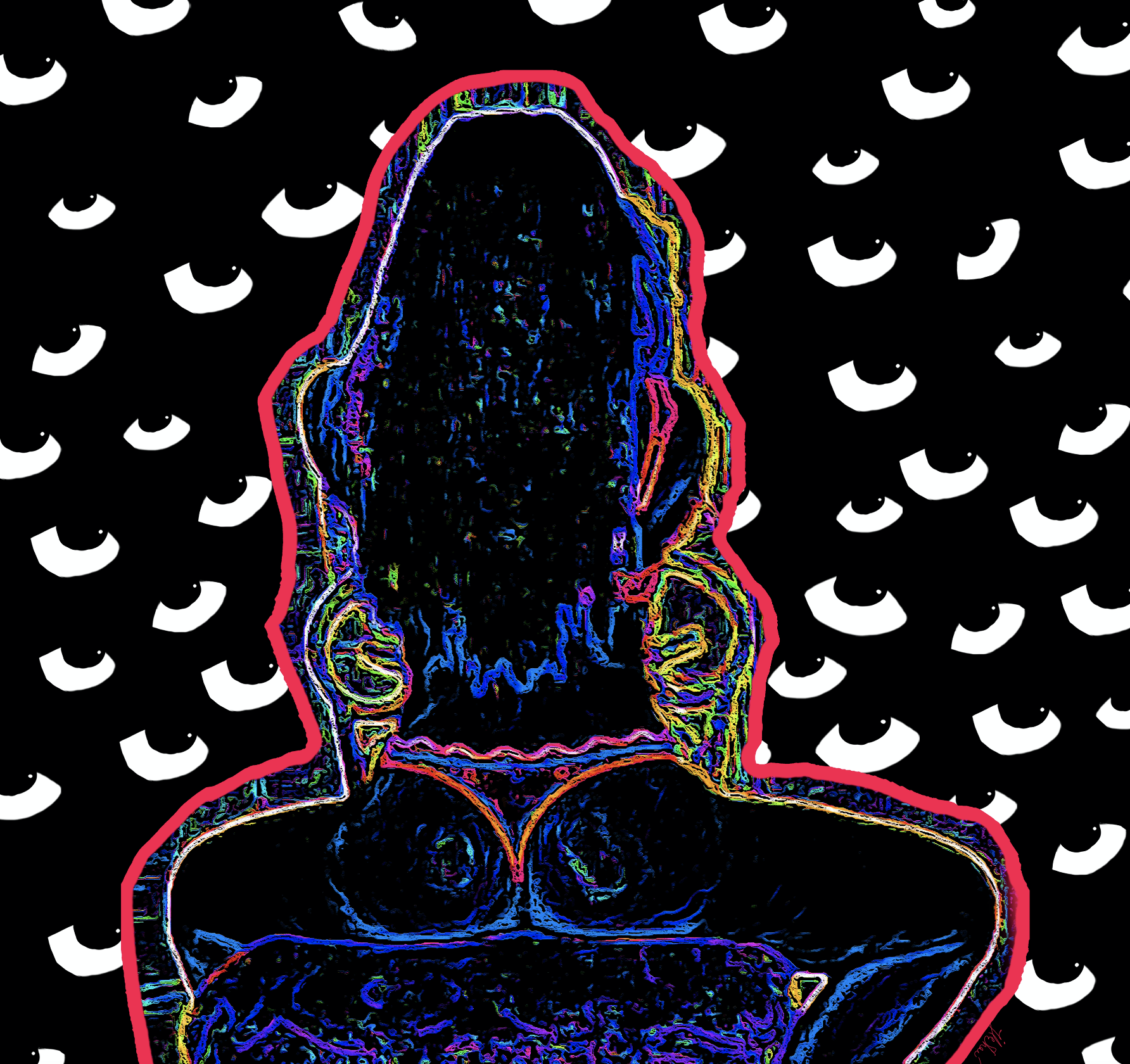J LeShaé is an artist, educator, and activist who is obsessed with freedom. She examines self, spirit, and society through the lens of ancient, aboriginal, and matriarchal cultures; and disrupts western colonial patriarchal canons with countercultural expressions of the interdimensional power afro-wombs.
J’s spiritual-scientific experiments have been exhibited at the African American Museum of Dallas, the Goldmark Cultural Center, the Abrons Arts Center of New York, the J. Erik Jonnson Central Library, the Msanii HOUS Gallery, and the Pencil on Paper Gallery. This licensed cosmetologist is a graduate of Clark Atlanta University and National University with a B.A. in History and M.A. in Teaching, respectively. She has studied globally in Kenya, Tanzania, Ethiopia, Burkina Faso, Cuba, Nicaragua, Belize, Mexico-Yucatan, Dubai, the Bahamas, and Puerto Rico.
J LeShaé appears in "Natural Hair the Movie," the documentary, "Building the Bridge;" and has served as a historical consultant to the award-winning photographer Missy Burton. She has spearheaded countless activist initiatives that have impacted thousands of activist educators and students across the nation and have been featured in Vox, Slate, Education Week, and the Harvard Graduate School of Education. J is the Founding Executive Director of Building Opportunities & Opening Minds (BOOM), a nonprofit leadership development organization that creates communities of affirmation, decolonization, organization, and innovation with young visionaries of color committed to liberation. She also heads Ms. J's Classroom, a decolonization campaign that fuses arts and education in service of freedom for all.
Alise’s work explores her experiences, connections to nature, and belief that all living beings deserve the right to live, love, and be free. She has exhibited work in solo and group shows in Oakland and San Francisco and live-painted at events and festivals in California and the Fiji Islands.
John 1:1 states in the beginning was the Word, and the Word was with God, and the Word was God. But doesn’t all life begin with the womb? So, the womb is God. The Black Woman is mother to humanity, as the ancient Ethiopian bones of Dinknesh, or “Lucy,” remind us, yet this truth remains largely undiscussed, unexplored, and unexhibited in mainstream mediums. She is our first home. Consciously or unconsciously, we all know it... And crave it. The intentional erasure and silencing of indigenous African spiritual ideology and, more specifically, of pagan herstories, across the modern era of Western Christianity, leaves the present-day populace unaware of the divine feminine that walks amongst us. We are taught to believe that divinity is male, white, and divorced from our being. How might our world transform if we were forced to face the Black Woman's divinity?
That is the question that J. LeShaé explores with her work. Excavating the truths from our ancestries and owning the divinity in our designs, she challenges us to be fearless in the face of patriarchy, racism, and imperialism. J LeShaé protests generations of misogyny and anti-Blackness using self-portraiture to communicate her/our divinity; and reinterprets biblical folklore as herstoric truths that illustrate that the Black Woman is God.



